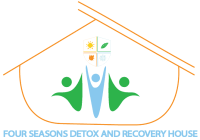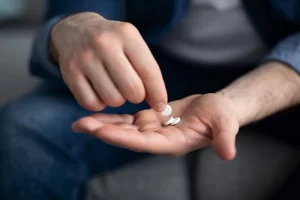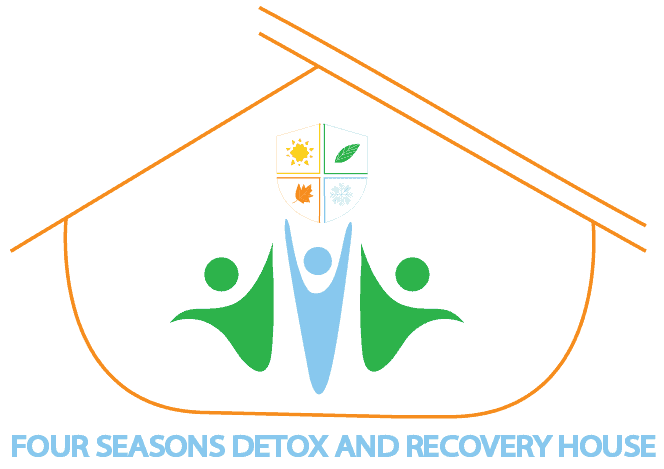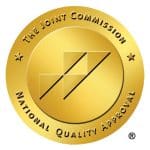Understanding the Signs and Symptoms of Addiction. We live in a world where recreational drug and alcohol use is not only acceptable but common in many social circles. For some individuals, drinks with friends after work or occasional drug use during a party or celebration seems common. However, substance use disorder can rear its head when you are least expecting it. Many individuals struggle with:
- Alcohol addiction
- Benzodiazepines addiction
- Cocaine addiction
- Crack addiction
- Fentanyl addiction
- Heroin addiction
- Marijuana addiction
- Meth addiction
- Opioid addiction
- Oxycodone addiction
- Prescription drug addiction
- and more
With such a slippery slope from “recreation” to “addiction,” how does one determine if their loved one has an alcohol or drug addiction or is simply “having a good time”? When are the intense cravings a sign of substance abuse or simply excitement for the weekend? Not only can it be hard to spot addiction in others, but it can be especially difficult to spot addiction signs in ourselves.
While signs and symptoms of addiction look different for every individual, some telltale symptoms across the spectrum indicate alcohol and drug abuse. If you are worried about addiction in yourself or a loved one, keep an eye out for the following:
Physical Symptoms of Alcoholism and Drug Dependence
Depending on the drug of choice, the physical signs and symptoms of addiction can vary greatly. The important thing to keep an eye out for is drastic changes in one’s appearance as it relates to their physical health. It can also be beneficial to notice habits surrounding how an individual cares for themselves as a physical indicator of addiction.
Physical changes seen by those who use alcohol or commonly abused drugs may include:
- Significant weight loss or weight gain
- Dilated pupils
- Disrupted sleep patterns (not sleeping at all or sleeping all the time)
- Lack of hygiene (not showering or appearing unkempt)
Keep in mind there are often long-term health consequences for those abusing drugs, including strokes, heart disease, cancer, and mental health disorders. If you notice the following in addition to the aforementioned symptoms, addiction may be at play.
Additionally, some withdrawal symptoms, such as nausea, vomiting, and aches and pains, may be present as a physical signature.
Social Signs of Addiction
Signs and symptoms of addiction do not only manifest in a physical way! There are social signs that an individual may be abusing drugs or alcohol. While these signs of addiction can be frustrating to family members and friends, keep in mind that the individual is struggling with a chronic disease that may require professional help to overcome.
- Poor performance in work or school
- Absenteeism
- Hanging out with new friends or in new social circles
- Neglecting responsibilities
- Foregoing activities they used to enjoy
Psychological Symptoms and Substance Abuse
Mental illness and addiction are often interlinked, and an individual may abuse drugs or alcohol to escape the physical symptoms of their mental health problems, despite the negative consequences associated. Additionally, regular drug use may cause mental health conditions to be more noticeable and prevalent. Keep this in mind as you consider these psychological signs of addiction:
- Depression
- Anxiety
- Difficulty focusing
- Irritability
- Memory problems
Oftentimes, the social signs of addiction and mental health challenges look similar. Whatever struggle an individual is going through, it can be helpful to reassure them that help is available when they are ready to pursue recovery.
Finding Support for Substance Use Disorders
At Four Seasons Detox and Recovery House, we know asking for help can be scary. We also know that addressing your concerns about drug and alcohol abuse with a loved one can feel intimidating. But understanding the signs of drug and alcohol addiction could help save someone’s life (including your own!)If you have questions about what to do regarding substance abuse or want to learn more about addiction treatment programs for long-term recovery, reach out at any time. We look forward to helping you navigate the journey ahead.






